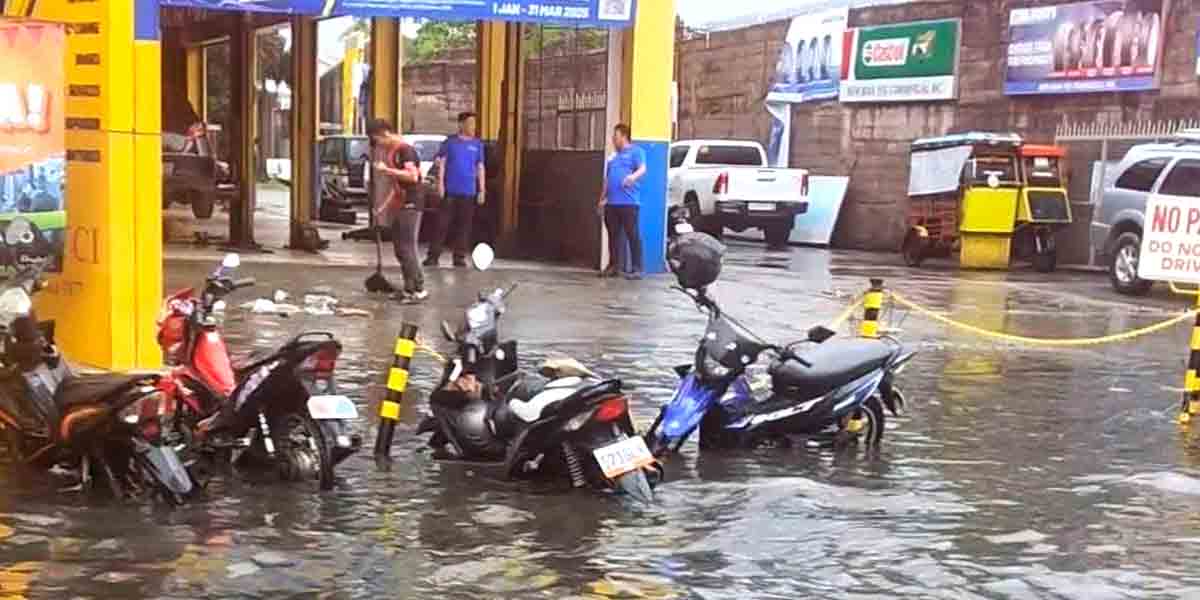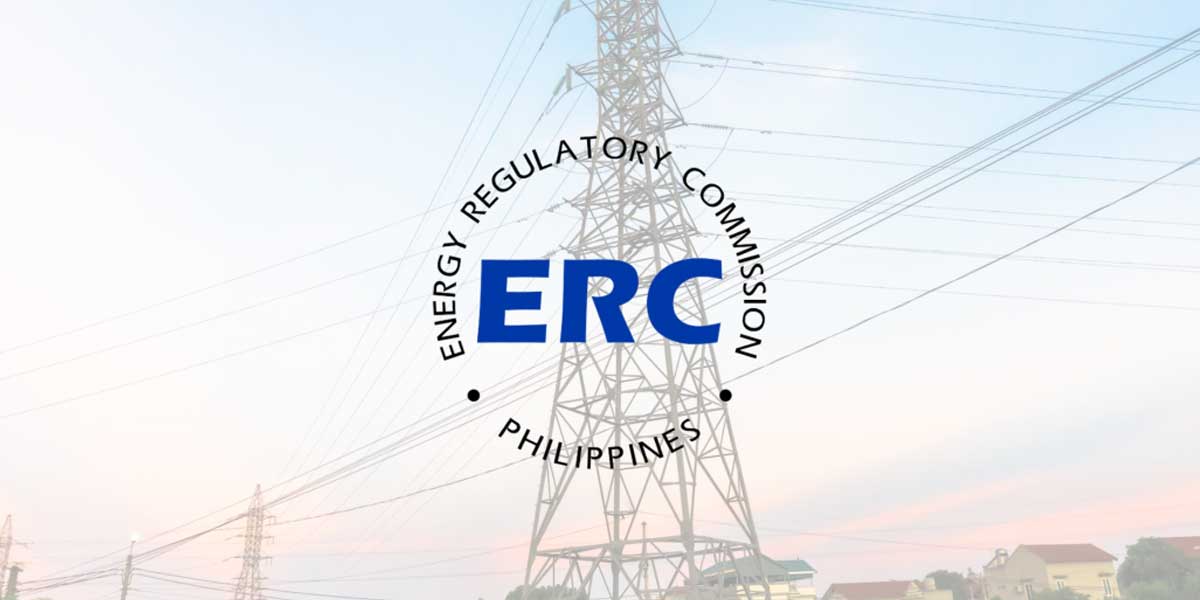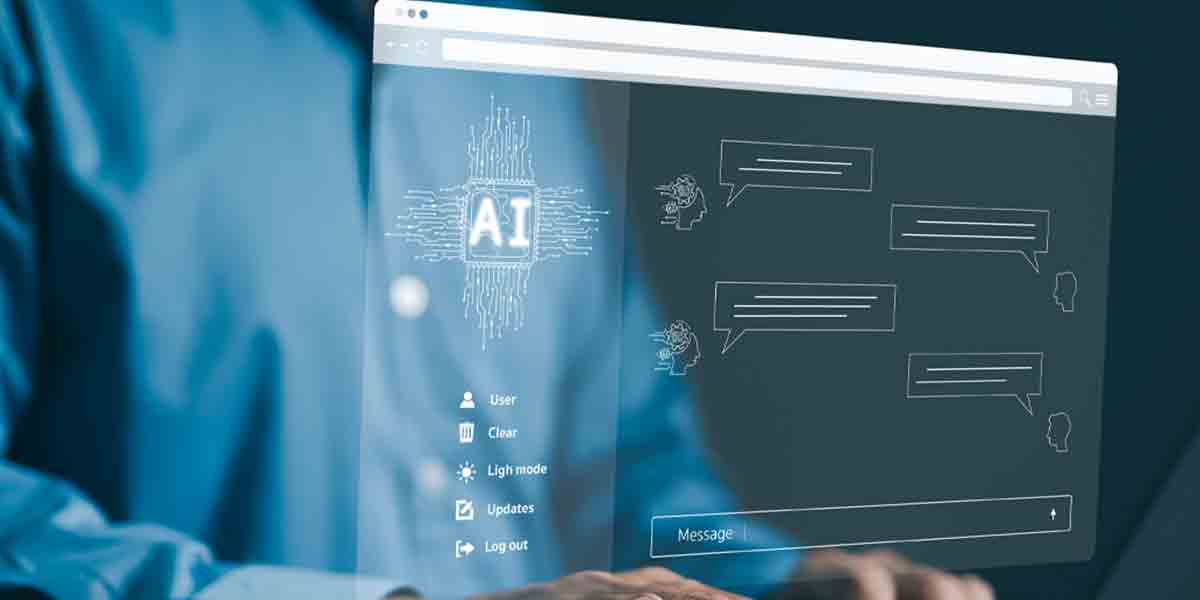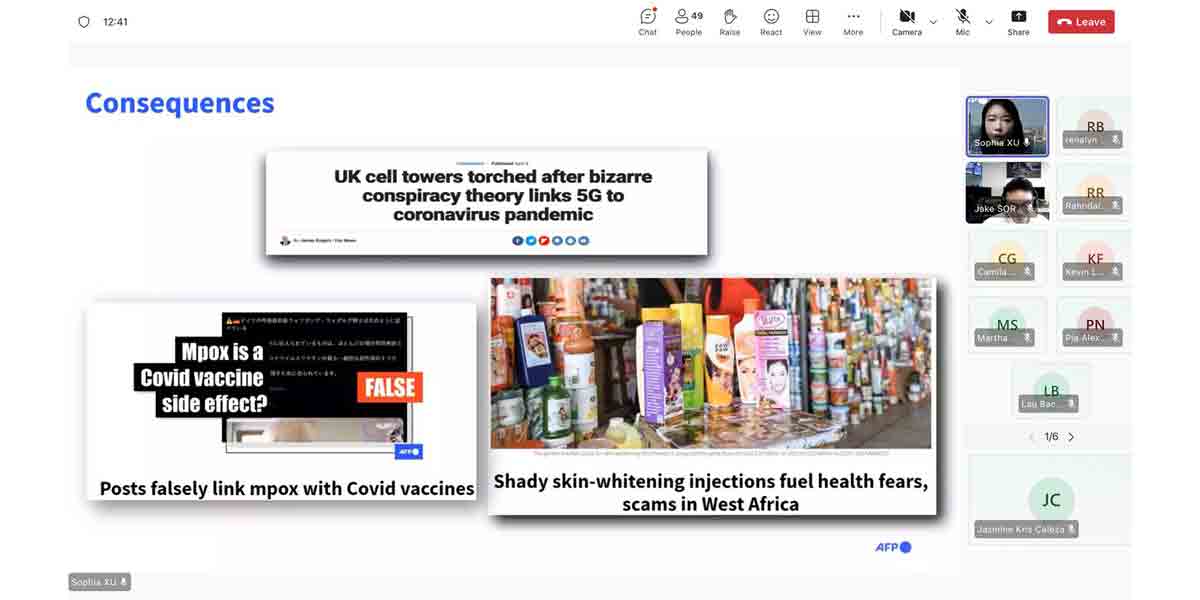By Joshua Corcuera
June 12 is fast approaching—in fact, it is just a week from now before we celebrate and commemorate our Independence Day. Flags of our country are hoisted everywhere; here along the street where my house is located, streetlights were filled with Philippine flags. The blessings brought by independence to our nation and to us as a people must not be taken for granted, however. While we may be free from control of a foreign power, we are certainly not free from pertinent problems that plague us.
As I write this article this cool Thursday evening in Manila, our nation’s debt soared further last April to PhP 12.76 trillion, according to data from the Bureau of the Treasury as reported by various media outlets Thursday afternoon. Of this number, 30% came from external creditors, basically foreign debt. Furthermore, our debt “accounted for 60.5% of the country’s gross domestic product,” the highest ratio since 2005 and exceeding the 60% threshold considered manageable for developing economies such as the Philippines.
While incurring liabilities is understandable especially during a health crisis as well as to fund several projects such as infrastructure, it cannot be denied that foreign debt is an issue that must be addressed and resolved sooner rather than later. It is imperative to balance projects that will stimulate national development as well as keeping our debt, especially external debt, to a manageable level. So far it is not extremely bad, but our GDP-to-debt ratio is on the rise. If we were to default on our external loans, there is a chance—albeit unlikely at this point—that our valuable assets, such as ports, may have to be leased to external creditors for decades. Case in point: Sri Lanka’s Hambantota Port which was leased for 99 years to China after defaulting in their debt.
Moreover, higher debt can result in controversial policies domestically. Recently, the Department of Finance was reported to have recommended certain tax impositions to generate revenues to pay current obligations. The recommendation was broad and includes increasing petroleum excise by P 1 per liter for at least three years, a tax on cryptocurrencies, imposition of value-added tax on digital service providers such as online advertising services and digital providers, and so on. We may be a free nation, but we will never be free from paying taxes. This is understandable because of the reciprocity theory—we pay taxes to the government and the government returns the taxes in forms of projects and programs that serve the general welfare such as education and healthcare. But hopefully, these taxes are progressive and would not adversely affect the lower economic classes of society. A free nation is one that is free from poverty; free from tight, oppressive policies imposed by those in power.
Aside from foreign debt, we are not free from false information. Every day, especially in social media, we are exposed to fake news and some of the stories we see online may be false and result in adverse consequences. Worse, disinformation—the intentional spreading of fake news—is also on the rise as they could damage one’s reputation and promote someone else’s name. This is present in various facets of society—from politics to business, from entertainment to ordinary people spreading false information against their enemies, and so on.
A nation that is truly free, is one that can decide its fate rationally. And one can only make a rational decision if one has access to all truthful facts, the capacity to distinguish truth from falsehoods, and most importantly, the capability to outright reject falsities.




















